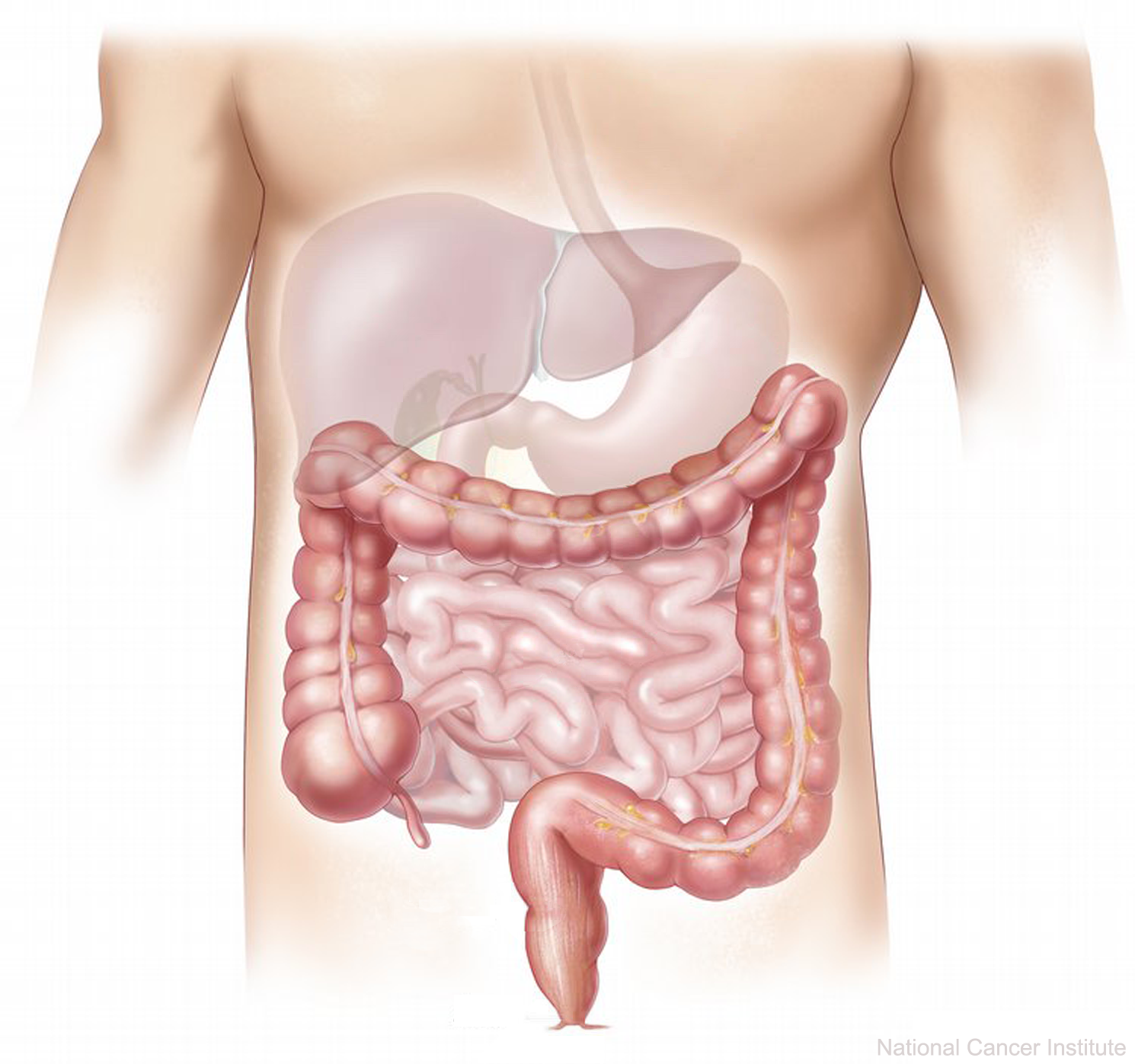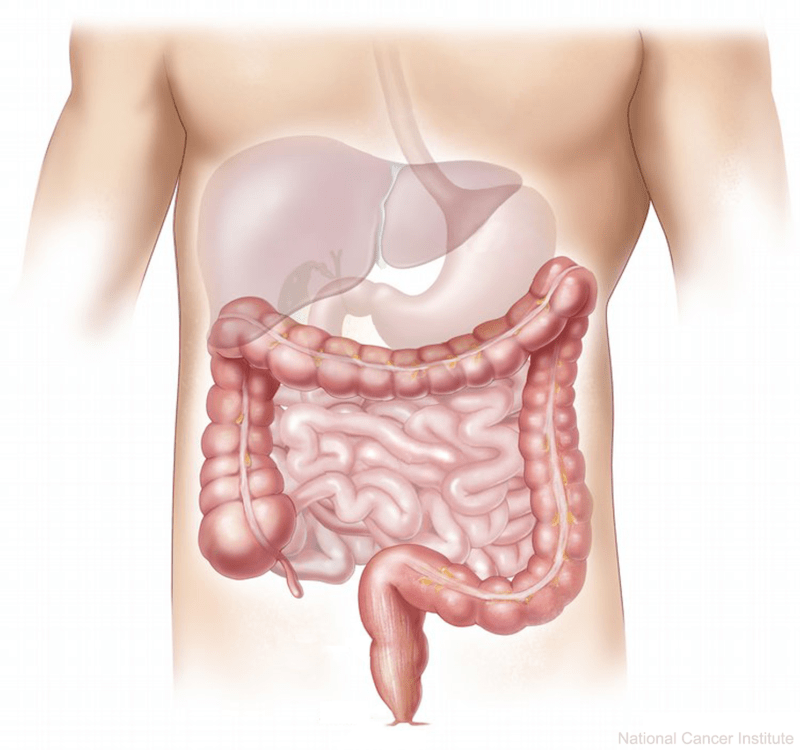
Luckily, our doctors can very often prescribe medications to improve the digestion problems and suggest some dietary guidelines that might also help. In between your medical checkups, you can follow some simple tips that will help to prevent the related uncomfortable symptoms quite easily. From reducing stress to seeking the support of loved ones, here are five lifestyle tips from leading medical experts.
Stay hydrated.
Doctors always tell us to drink plenty of water, but this is even more important for those suffering from digestive issues. Water helps the bowel and intestinal tract to function smoothly while caffeinated beverages like coffee and soda can essentially trigger the unwanted symptoms. Be sure to drink plenty of water, especially in the hotter months and at times of rigorous physical activity.
Eat a well-balanced diet.
Your doctors will happily provide you with a list of unhealthy food choices that can aggravate the digestive disorder. There are also certain foods that can essentially sooth the symptoms and prevent them from reoccurring. Portion sizes and the speed at which we eat may also be significant factors in keeping our gastrointestinal disorder under control. Pay attention to your doctor’s recommendations and eat a well-balanced diet of the proper foods.
Practice good hygiene.
As a preventive measure, wash your hands frequently especially before and after meals. Use soap and warm water. Washing your hands will help to prevent the transmission of potentially dangerous bacteria that can easily lead to the uncomfortable symptoms.
Reduce stress.
High levels of stress and anxiety can be a leading cause of consistent digestion problems. Be aware of the levels of stress in your life and try to reduce them as much as possible. All doctors tell us that regular daily periods of moderate exercise help to improve our moods and reduce stress. Yoga, meditation, or engaging in a favorite hobby also provide significant relief. Be realistic, but try to include regular stress management techniques as part of your treatment program.
Seek support from family and friends.
There can be a certain amount of potential embarrassment when discussing gastrointestinal disorders with friends and family, but getting the emotional support that you need will help to ease some of the stress and anxiety. Seek the support of loved ones while offering some valuable advice on how they can best help you emotionally and practically. Tell them about your self-care treatment plan, and don’t be afraid to tell them when unexpected flare-ups occur. You might be surprised at how understanding your friends and family can truly be.


